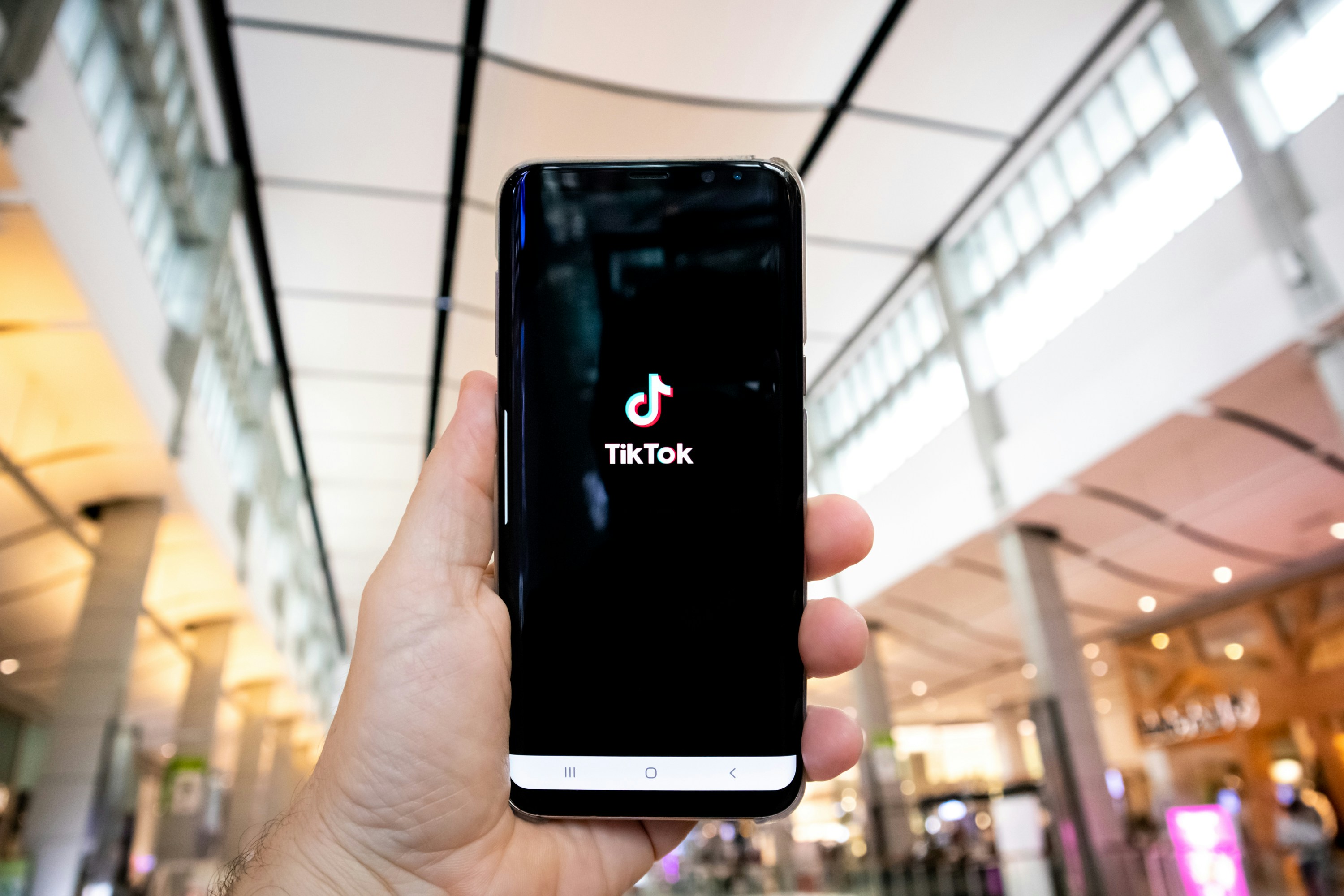Intermittent Fasting 101: Your Questions Answered by a Dietitian
Intermittent fasting, time-restricted eating, 16:8 method, 5:2 diet - whatever you want to call it, chances are you’ve heard about it and its potential perks. There’s no calorie counting, no strict food rules, just tweaking when you eat to achieve weight loss, prevent diseases, and other amazing benefits… Right?
There’s a lot we need to unpack there before you can jump right into a new fasting schedule. Intermittent fasting isn’t a magic fix. It’s a lifestyle shift, and like any change, it needs to fit you.
I’m Adam, a Registered Dietitian specialized in exercise science and nutrition, and I’m breaking down the science and realities of intermittent fasting. So, let’s tackle your biggest intermittent fasting questions, explore the research, and figure out if fasting might be right for you.
What is Intermittent Fasting?
Intermittent fasting (IF) is a diet used to promote weight loss and longevity. IF isn’t a traditional diet—it’s an eating pattern that cycles between periods of eating and fasting. Unlike diets that restrict what you eat, intermittent fasting focuses on the time at which you eat.
Now, contrary to some stereotypes, intermittent fasting is not a magic bullet for weight loss or a recipe to live for 100+ years. It is a tool used to restrict calories to promote weight loss and has some weak to moderate benefits for healthy aging. So, what is the evidence behind this diet trend?
How Does Intermittent Fasting Work?
Intermittent fasting (IF) is more than just a weight loss strategy; it offers a variety of physiological benefits that contribute to overall health. Limiting the hours available to eat encourages a calorie deficit, which is key for weight loss. Here are the key things to know about how intermittent fasting works:
- Weight Loss: Like any other diet used for weight loss, IF works by promoting a calorie deficit. While there are some hormonal changes to insulin, growth hormone, and norepinephrine, these changes do not make IF superior for weight loss compared to other diets that equate for calories and protein. (1)
- Autophagy: Fasting also initiates a process called autophagy, the body’s self-cleaning mechanism. Think of it as microscopic recycling: damaged proteins, old cell components, and metabolic waste are broken down and repurposed into energy or materials for new, healthy cells. Studies (2) link autophagy to anti-aging benefits, reduced inflammation, and lower disease risk.
Pro Tip: Always pair intermittent fasting with nutrient-dense meals during eating windows to fuel autophagy and avoid deficiencies.
Popular Fasting Schedules Explained
Intermittent fasting is extremely flexible, and there are a variety of schedules you can choose from to make sure it aligns with your life. A few of the most common are:
- 16:8 Method (Time-Restricted Eating): Fast daily for 16 hours and eat during an 8-hour window, like noon to 8 PM. This method leverages the time you’re asleep to help manage hunger.
- 5:2 Diet: Eat normally five days a week and limit yourself to 500-600 calories on two non-consecutive days. This creates a calorie deficit while keeping most days unrestricted.
- OMAD (One Meal a Day): Eat all your daily calories in one meal within a 1-hour window, then fast the remaining 23 hours. This long fasting period is thought to support fat loss and cellular cleanup.
Individual results will vary, and the best schedule depends on your health, activity level, and goals. Always consult with a professional before starting any fasting plans.
Looking for a personalized plan? Explore our dietitian services here.
What Are The Benefits and Risks?
Many studies (2,3) suggest that intermittent fasting can help with weight loss, improve metabolic health, and even boost brain function. It may also reduce inflammation and lower the risk of chronic diseases. But it’s important to know that research is ongoing, and we need more long-term studies to understand the full impact.
However, just like any diet, intermittent fasting isn’t for everyone. Some potential risks include:
- Nutritional Deficiencies: If you're not careful, you may miss out on essential vitamins and minerals that your body needs.
- Disordered Eating: The restrictive nature of fasting can trigger unhealthy relationships with food for some individuals, particularly those with a history of eating disorders.
- Lowered Energy Levels: You might feel more tired or irritable, especially while your body is adjusting to its new caloric deficit.
Final Thoughts
Intermittent fasting can be an effective strategy for some people, but it’s not a one-size-fits-all solution. For some, it’s a sustainable way to manage weight and metabolic health. For others, rigid eating windows may disrupt energy levels or social routines.
If you’re considering incorporating this method into your wellness journey, it’s best to discuss your options with a healthcare professional or a registered dietitian who can safely guide you on this journey.
Sources:
- Welton S, Minty R, O'Driscoll T, Willms H, Poirier D, Madden S, Kelly L. Intermittent fasting and weight loss: Systematic review. Can Fam Physician. 2020 Feb;66(2):117-125. PMID: 32060194; PMCID: PMC7021351.
- Rahbarghazi, R., Sakhinia, E., Moghaddam, M. S., Bahrami, A., Shirin, F., & Rahimi, R. (2023). Effects of calorie restriction on autophagy and cellular homeostasis: A review. Infectious and Tropical Diseases Research Center, Tabriz University of Medical Sciences. Retrieved from: https://pmc.ncbi.nlm.nih.gov/articles/PMC10509423/
- Sun ML, Yao W, Wang XY, Gao S, Varady KA, Forslund SK, Zhang M, Shi ZY, Cao F, Zou BJ, Sun MH, Liu KX, Bao Q, Xu J, Qin X, Xiao Q, Wu L, Zhao YH, Zhang DY, Wu QJ, Gong TT. Intermittent fasting and health outcomes: an umbrella review of systematic reviews and meta-analyses of randomised controlled trials. EClinicalMedicine. 2024 Mar 11;70:102519. doi: 10.1016/j.eclinm.2024.102519. PMID: 38500840; PMCID: PMC10945168.









